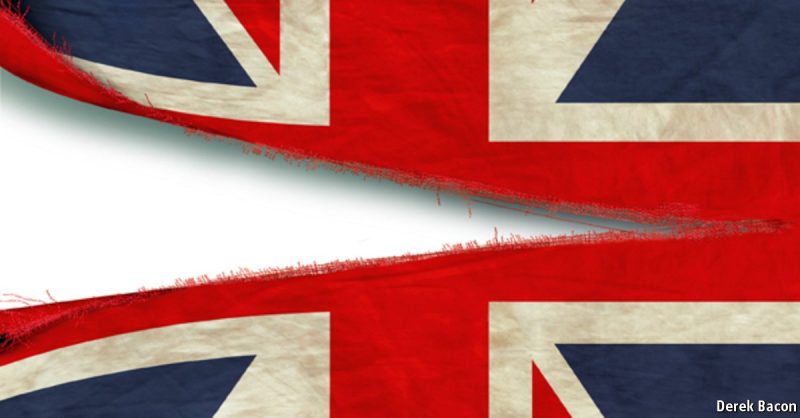Britain can unilaterally reverse its decision to leave the EU, Europe’s top court was told on Tuesday at an urgent hearing in a case supporters of membership hope could pave the way to a second referendum and ultimately stop Brexit.
Lawyers for a group of Scottish politicians want the European Court of Justice (ECJ) to interpret whether Britain can
revoke its notice to withdraw from the EU under Article 50 of the Lisbon Treaty without agreement of the other 27 states.
Britain is due to exit the world’s biggest trading bloc on March 29 but it remains unclear whether British Prime Minister
Theresa May’s draft divorce deal agreed with the EU on Sunday will be passed by parliament on Dec. 11.
Aidan O’Neill, lawyer for the Scottish politicians told a hearing of a full court of Luxembourg justices, who have
expedited the case because of its urgency, said all parties agreed that Article 50 could be revoked.
However, he said the European Commission and Council of the European Union argued that it could only be done
with the unanimous agreement of the other 27 EU states.
The British government has fought to stop the ECJ even hearing the case, saying it is hypothetical and irrelevant
because ministers have no intention of reversing Brexit.
May has also consistently ruled out a second referendum.
“The petitioners’ case is that it’s fundamental to the treaties and values of the EU that a member state can revoke a
withdrawal notice from the EU without agreement of all other council states,” O’Neill said.
O’Neill told the court those behind the case needed to know what their options were before imminent legislative votes.
May has warned if her deal is not passed by UK lawmakers, Britain could leave without a deal or that there could
be no Brexit at all.
That latter statement has given added significance to the outcome of Tuesday’s case at the ECJ – whose supremacy
over UK legal matters May has cited as one reason to leave the EU.
If the ECJ concludes Britain can unilaterally reverse Brexit, it could give British lawmakers (MPs) a third viable option
as an alternative to May’s deal or what ministers describe as a chaotic no deal scenario – staying in the bloc after another
referendum.
Article 50 states that if a state decides to withdraw, it has two years to agree an exit deal with the remaining 27 EU members,
although this process can be extended if the European Council unanimously agrees.
There is no mention of whether a state can change its mind. No other member state has ever left the 60-year-old bloc.
Joanna Cherry, a Scottish National Party lawmaker, who is one of the group behind the case, said May was trying to blackmail
lawmakers into backing her deal by implying the only alternative was no deal.
It is not clear when the ECJ will give its ruling but Cherry was optimistic it would come before British lawmakers vote
on the deal.
However, U.S. President, Donald Trump, said on Monday the agreement allowing the United Kingdom to leave the EU
may make trade between Washington and London more difficult, but the UK prime minister’s office disputed his interpretation.
Trump told reporters outside the White House that the deal sounded like it would be good for the EU, but “I think we
have to take a look seriously whether or not the UK is allowed to trade.
“Because right now if you look at the deal, they may not be able to trade with us,” he said. “And that wouldn’t be a good
thing. I don’t think they meant that.”
He said he hoped May would be able to address the problem, but he did not specify which provision of the deal he
was concerned about.
A spokeswoman for May’s office said the agreement struck with the EU allowed the UK to sign trade deals with
countries throughout the world, including with the U.S.
“We have already been laying the groundwork for an ambitious agreement with the U.S. through our joint working
groups, which have met five times so far,” the spokeswoman said.
Under the deal secured with EU leaders on Sunday, the UK will leave the bloc in March with continued close trade ties.
But the odds look stacked against May getting it approved by a divided British parliament. (Reuters/NAN)



Leave a Reply